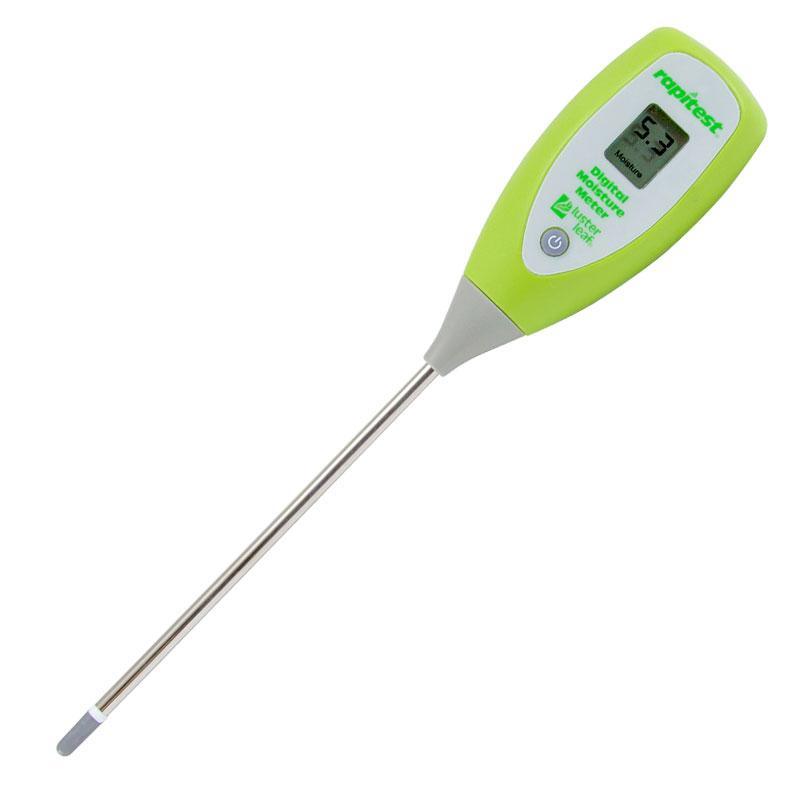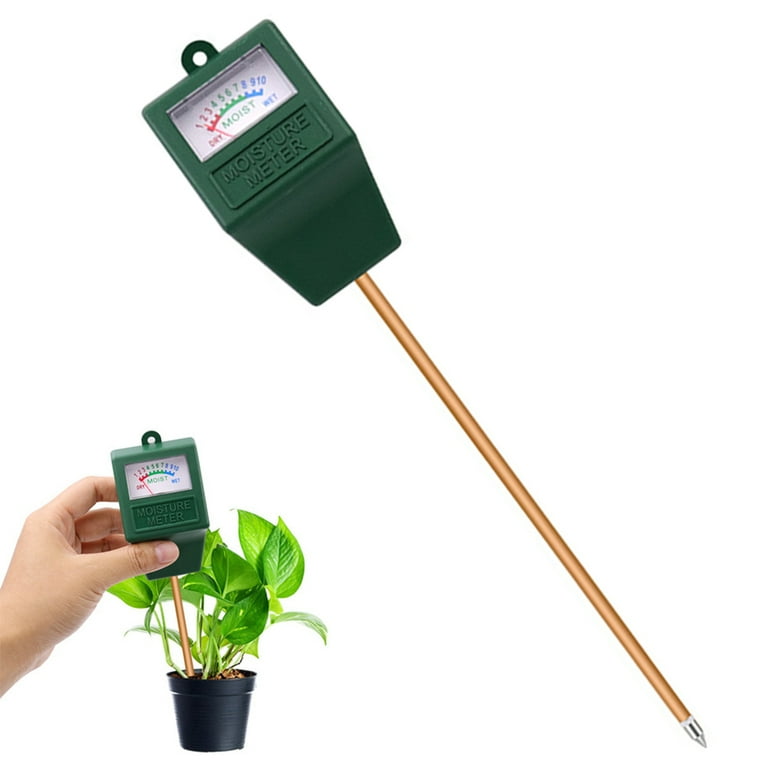The Ultimate Guide to Moisture Meters: A Comprehensive Overview and How They Can Conserve You Cash
In the realm of building maintenance, building and construction, and various markets, the importance of properly determining dampness levels can not be overemphasized. Moisture meters function as essential tools in discovering and keeping an eye on moisture web content in products, assisting in avoiding costly problems and ensuring the quality of products. Recognizing the nuances of various kinds of wetness meters, their applications, and the prospective cost-saving advantages they offer can be a game-changer for businesses and specialists alike. Discovering exactly how these devices can not just streamline procedures but likewise add to economic cost savings is a trip worth getting started on.
Sorts Of Moisture Meters
One usual kind is the pin-type dampness meter, which measures the electrical resistance in between 2 pins inserted into a product. Pinless moisture meters, on the various other hand, usage electromagnetic sensor plates to check a bigger area without triggering damage to the product's surface.
In addition, there are also specialty dampness meters made for specific products like hay, soil, or grain. These meters supply accurate moisture readings customized to the unique homes of the product being checked. Infrared wetness meters determine the thermal residential or commercial properties of a product to identify its moisture material non-invasively, making them helpful for applications where pin or pinless meters might not be suitable. Understanding the different sorts of moisture meters offered can assist industries select the most proper tool for their particular wetness dimension requirements.

Benefits of Making Use Of Moisture Meters

Furthermore, using wetness meters can lead to increased energy performance. In farming settings, moisture meters play an important duty in optimizing plant returns by allowing farmers to keep track of soil wetness degrees and make educated watering choices.
How to Pick the Right Moisture Meter
Selecting the appropriate dampness meter involves thinking about key variables such as material compatibility, dimension range, and calibration accuracy. When selecting a wetness meter, it's important to ensure that the meter is suitable for the details product you will be testing. Various materials have varying electrical residential or commercial properties that can affect moisture analyses, so choosing a meter developed for your material is crucial for precise outcomes. In addition, consider the dimension series of the wetness meter. Make certain that the meter can detect moisture levels from this source within the range additional info required for your applications. Calibration accuracy is an additional crucial aspect to remember (Moisture Meter). Opt for a wetness meter with dependable calibration to guarantee constant and accurate readings. Some meters may require regular calibration changes, so recognizing the calibration process is essential. By very carefully reviewing these elements, you can pick a moisture meter that satisfies your requirements and provides accurate wetness dimensions for your projects.
Correct Strategies for Moisture Meter Use
To make certain precise wetness analyses and maximize the efficiency of a wetness meter, employing appropriate methods is important. When making use of a pin-type wetness meter, place the pins or probes right into the material being checked till they make complete get in touch with. By complying with these appropriate strategies, customers can depend on their moisture meter to give trustworthy moisture levels, helping in protecting against pricey damage or ensuring high quality in different applications.

Price Cost Savings With Moisture Meter Applications
Exactly how can the tactical utilization of wetness meters lead to significant expense savings throughout numerous industries? In the farming market, dampness meters aid in identifying the optimum time for collecting plants, avoiding excess or over-drying dampness that can influence the last product's top quality.

Moreover, in the food processing industry, wetness meters are crucial for checking item top quality and making certain compliance with safety and security laws. By precisely determining dampness web content in food, makers can avoid spoilage, preserve quality, click here now and reduce waste, causing considerable cost savings. Overall, the tactical application of moisture meters is an important investment that can cause considerable cost decreases and boosted efficiency across various industries.
Final Thought
To conclude, wetness meters are important tools for determining and detecting dampness degrees in different products. By utilizing the ideal dampness meter and complying with correct methods, users can successfully prevent expensive damages triggered by excess moisture. Spending in a top quality wetness meter can cause substantial cost savings over time by recognizing potential issues early and allowing timely remediation. Inevitably, dampness meters are important tools for preserving the stability and long life of frameworks and materials.
Wetness meters offer as essential tools in finding and checking moisture web content in products, assisting in avoiding expensive damages and making sure the top quality of products. Infrared wetness meters determine the thermal residential properties of a product to identify its moisture material non-invasively, making them useful for applications where pin or pinless meters might not be suitable.Dampness meters use very useful benefits in precisely analyzing and keeping an eye on dampness levels in diverse products and settings. In farming settings, dampness meters play a crucial role in enhancing crop yields by enabling farmers to keep track of soil moisture degrees and make informed watering decisions.In conclusion, dampness meters are valuable devices for finding and gauging dampness levels in different products.